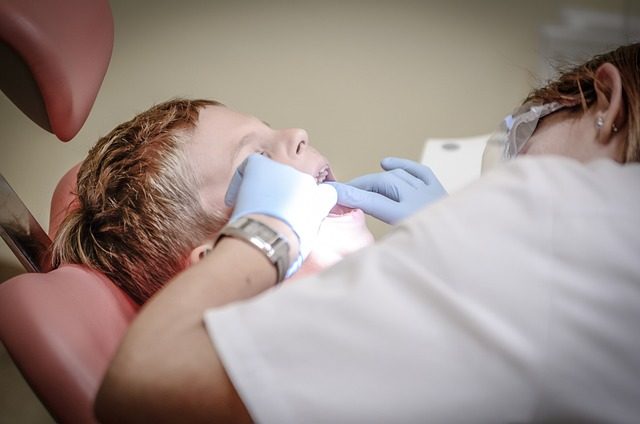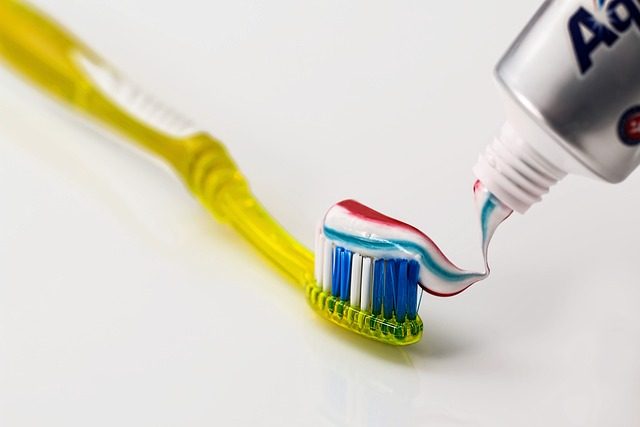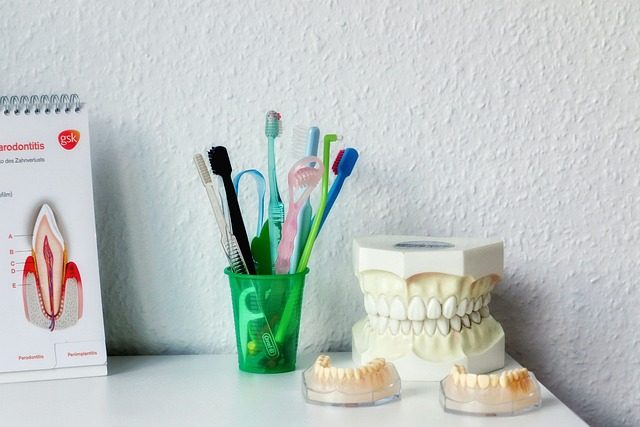In the world of oral healthcare, two pivotal roles often come to the forefront: dental assistants and dental hygienists. Although both professions contribute significantly to dental practices, they differ in their responsibilities, education, and career prospects. Understanding the distinctions between these two roles can help aspiring professionals make informed decisions about their career paths.
This article explores the key differences between dental hygiene and dental assisting, shedding light on their respective responsibilities, educational requirements, salary expectations, and more.
Table of Contents
What is the role of a dental assistant?
A dental assistant plays a crucial role in supporting dental practices. Their responsibilities often include preparing the treatment room, sterilizing instruments, and assisting the dentist during procedures. They are the backbone of the dental office, ensuring that everything runs smoothly.
In addition to providing direct support, dental assistants also interact with patients to make them feel comfortable. They may explain procedures and provide post-treatment care instructions, helping to foster a positive patient experience.
- Preparing patients for dental procedures.
- Sterilizing and disinfecting dental instruments.
- Taking dental radiographs (X-rays).
- Scheduling appointments and managing patient records.
Dental assistants may work in various settings, including private dental offices, hospitals, and clinics. Their versatile skill set allows them to adapt to different environments and meet the needs of diverse patient populations.

What is the role of a dental hygienist?
Dental hygienists are licensed professionals who specialize in preventive oral care. They focus primarily on patient assessments, conducting examinations, and providing cleanings. Their education typically involves more extensive training than that of dental assistants.
A dental hygienist’s duties include performing detailed oral health assessments and developing treatment plans based on the patient’s needs. They educate patients on proper oral hygiene practices and may even apply sealants and fluoride treatments.
- Conducting dental cleanings and examinations.
- Assessing patients’ oral health and identifying any issues.
- Providing patient education on oral hygiene.
- Applying preventive materials like sealants and fluoride.
In many cases, dental hygienists work closely with dentists to develop comprehensive treatment plans that address the patient’s overall oral health. Their expertise is vital in preventing dental diseases and promoting good health practices.
How does the education of a dental assistant differ from a dental hygienist?
The educational pathways for dental assistants and dental hygienists significantly differ. Dental assistants typically undergo a shorter training period, often requiring only a high school diploma or equivalent. Many receive on-the-job training, although some may choose to pursue a dental assisting program at a vocational school.
In contrast, dental hygienists must complete an accredited program, usually leading to an associate’s degree. Some may even pursue a bachelor’s degree for advanced opportunities. This rigorous training encompasses both clinical practice and theoretical knowledge, preparing them for their more specialized roles.
- Dental Assistant: Typically requires a high school diploma and on-the-job training.
- Dental Hygienist: Requires an associate’s degree, with some positions needing a bachelor’s degree.
The difference in educational requirements reflects the complexity of the duties performed by each role. Dental hygienists must master a broader scope of knowledge related to oral health, dental diseases, and patient care techniques.
What are the salary differences between dental assistants and dental hygienists?
When considering the salary comparison between dental assistants and dental hygienists, there is a notable disparity. According to recent data, the median annual salary for dental assistants is approximately $44,820, while dental hygienists earn around $81,400.
This difference in earnings can be attributed to the level of education required and the scope of responsibilities associated with each role. Dental hygienists, with their advanced training and specialized expertise, command higher salaries in the job market.
- Dental Assistant Median Salary: $44,820.
- Dental Hygienist Median Salary: $81,400.
Both professions, however, offer competitive salaries and are in high demand, making them attractive options for those interested in the dental field. Moreover, the job market for both roles is expected to grow, providing additional opportunities for advancement and increased earnings.
What are the job responsibilities of a dental assistant compared to a dental hygienist?
The job responsibilities of dental assistants and dental hygienists highlight the differences in their roles within a dental practice. Dental assistants primarily focus on supporting dentists during procedures, while dental hygienists emphasize patient care and education.
Dental assistants may be tasked with setting up treatment rooms, assisting during dental procedures, and managing patient records. Their role is crucial in ensuring that the dentist can perform procedures efficiently and effectively.
- Dental Assistants:
- Prepare treatment rooms.
- Assist with dental procedures.
- Take X-rays and manage patient records.
On the other hand, dental hygienists are responsible for more complex tasks related to patient health. They perform cleanings, conduct assessments, and develop care plans tailored to individual patient needs.
- Dental Hygienists:
- Perform dental cleanings and examinations.
- Educate patients on oral hygiene.
- Develop treatment plans based on assessments.
These differences illustrate how each role contributes to the overall functioning of a dental practice, with dental assistants providing essential support and dental hygienists offering specialized care to promote oral health.
Which career path is right for you: dental assistant or dental hygienist?
Choosing between becoming a dental assistant or a dental hygienist depends on your career aspirations and interests in the dental field. If you enjoy hands-on support in a clinical setting and prefer a shorter educational path, dental assisting may be the right choice for you.
Conversely, if you aspire to take on a more autonomous role in patient care and are willing to invest more time in education, pursuing a career as a dental hygienist could be more fulfilling. Both paths offer rewarding opportunities in the growing field of oral healthcare.
- Consider your interest in patient interaction.
- Evaluate the amount of time you are willing to invest in education.
- Assess your long-term career goals.
Ultimately, both career paths offer unique challenges and rewards, making it essential to align your choices with your personal and professional goals.
Related Questions About Dental Careers
What’s the difference between a dental assistant and a dental hygienist?
The primary difference between a dental assistant and a dental hygienist lies in their responsibilities and educational requirements. Dental assistants focus on providing support to dentists during procedures and managing patient flow, while dental hygienists specialize in preventive care, conducting cleanings, and educating patients about oral hygiene. Dental hygienists require more extensive education compared to dental assistants, making their roles distinct in the dental ecosystem.
What pays more, a dental hygienist or a dental assistant?
Generally, dental hygienists earn significantly more than dental assistants. The median salary for dental hygienists is around $81,400, while dental assistants typically earn about $44,820. This salary difference reflects the varying levels of education and responsibilities associated with each profession.
What’s the difference between a dental hygienist and a dental tech?
While both dental hygienists and dental technicians play vital roles in the dental industry, their functions are different. Dental hygienists focus on direct patient care, performing cleanings and assessments, whereas dental technicians work behind the scenes, creating dental prosthetics and appliances based on the dentist’s specifications. As such, the education and training requirements for each role also vary significantly.
Can a dental hygienist be a dental assistant?
Yes, a dental hygienist can certainly work as a dental assistant, especially if they have the necessary training and skills. However, it’s essential to note that dental hygienists typically have more extensive training and may prefer roles that align with their advanced education. Transitioning between roles is possible, but many choose to specialize in one area.









